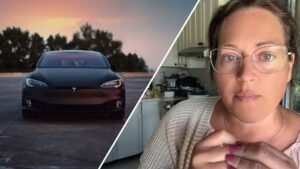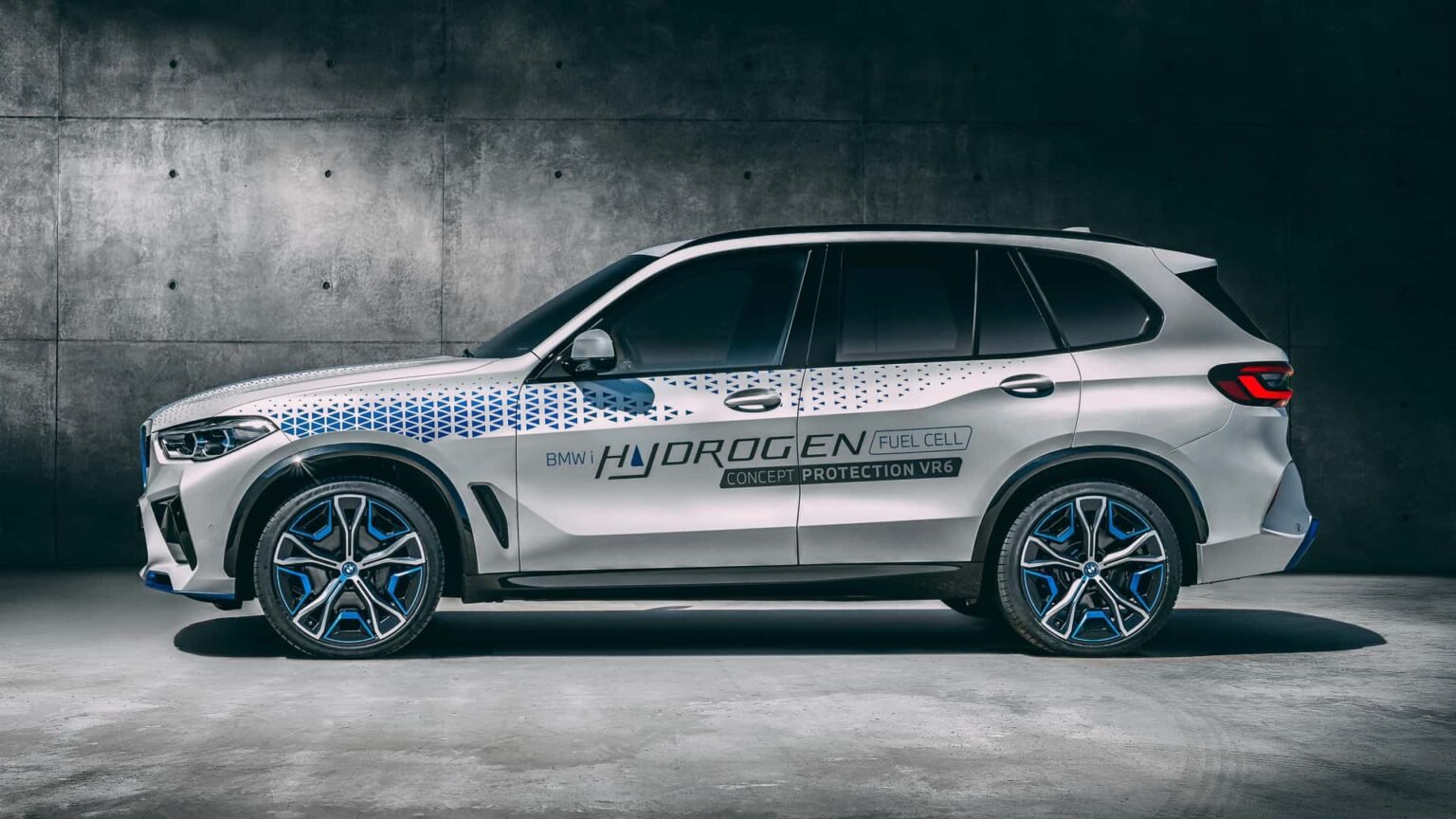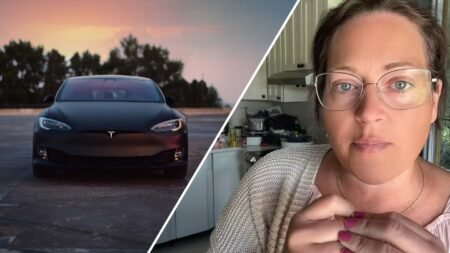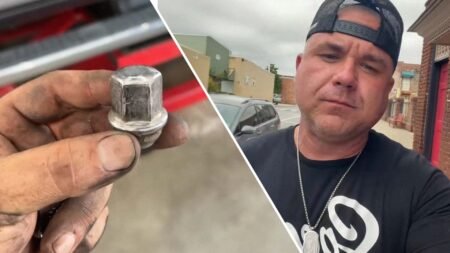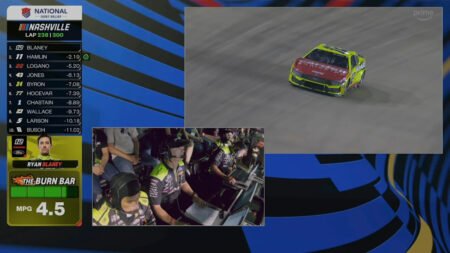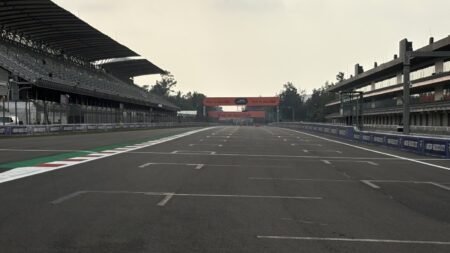Battery electric vehicles are on the decline. Customers continue to shy away from EVs as more government entities pull back on their once-overly ambitious fuel economy standards. Automakers, too, have announced major investments in gas and hybrid powertrains as the market shifts.
That said, many companies are still looking for ways to wean off gasoline. BMW is one of them.
Alongside Honda, Hyundai, and Toyota, BMW still believes that hydrogen can be a viable source of vehicle propulsion over the next decade. The company debuted the iX5 hydrogen fuel-cell prototype in 2024, and it promises a new hydrogen-powered SUV in just a few years.
In a recent interview, the company tripled down on its commitment to hydrogen.
Photo by: BMW
General Program Manager for Hydrogen Technology, Dr Jürgen Guldner, told Driving Hydrogen that BMW is moving forward with its plans for fuel-cell vehicle production.
The German automaker’s first hydrogen vehicle is scheduled to arrive in 2028, and it will likely be based on the next X5 SUV. Up until now, BMW has never had a production hydrogen fuel-cell vehicle—only prototypes.
‘We believe the timing is right. Since we’ve been pioneering both battery electric and hydrogen technologies, we’re ready to lead.’ — Dr Jürgen Guldner
Guldner notes that hydrogen infrastructure is improving in key markets across Europe, Japan, and Korea. That could help incentivize automakers to develop hydrogen vehicles at a higher clip.
Alongside BMW’s already extensive lineup of electric vehicles, Guldner believes that hydrogen could offer the “best of both worlds.”
‘[Hydrogen vehicles] offer the electric driving experience—quiet, zero emissions, instant torque—but can be refuelled in three or four minutes, like a gas car… Hydrogen neatly solves [charging] problems.’
BMW currently works closely with Toyota in hydrogen fuel-cell vehicle development; the iX5 prototype is powered by Toyota fuel cells. That partnership will continue well into 2028 for the development of BMW’s first production fuel-cell vehicle.
“For the 2028 model, we’re extending our cooperation,” Guldner notes, “working closely with Toyota on the full fuel-cell system design to harness economies of scale.”

Photo by: BMW USA
Automakers have been exploring hydrogen propulsion for decades, with no real results to show.
Companies like Honda and Toyota manufacture hydrogen fuel-cell vehicles for limited markets, but as we’ve seen, they haven’t exactly been hot commodities. Most of their success with hydrogen has been on the heavy equipment side.
In an interview with Motor1 back in July, the Group Lead of Technical, Safety, and Regulatory PR for Honda, Chris Martin, said:
‘It’s more about growing the overall hydrogen economy. And ultimately, we do see FCEV as a bigger part of personal transportation later, but we need to grow the hydrogen economy to a point where it can already be in place to support the consumers and the regular drivers.’
But with regulation rollbacks and automakers diverting investments from EVs to other forms of propulsion—including companies like Honda and Toyota—those already invested in hydrogen fuel-cell production could see this as an opportunity to dive even deeper.
As mentioned by Guldner, more hydrogen stations are popping up globally as investments grow. Australia recently opened its first public hydrogen fueling station, while a $30-million investment will see one of the first green hydrogen supply units constructed in Brazil.
In Europe, the hydrogen market as a whole was valued at $77.8 billion in 2024, but that’s expected to jump to $83.6 billion by the end of this year and reach $149.3 billion by 2033 thanks largely to the European Union’s Green Deal and Hydrogen Strategy, which aims for 40 gigawatts of renewable hydrogen electrolyzers by 2030.
Germany, France, and Spain, meanwhile, are currently at the forefront of hydrogen adoption, with those three countries accounting for over 50 percent of Europe’s current hydrogen capacity.
BMW is still invested heavily in electric vehicles, with the German automaker’s next-generation EVs touting as much as 621 miles of range on a single charge. But CEO Oliver Zipse isn’t necessarily convinced that going all in on EVs is the solution, either. He recently said that “one-sided regulations that limit supply” lead down a “dead-end street.”
BMW will continue producing gas, electric, and hydrogen vehicles for the foreseeable future.
Read the full article here

